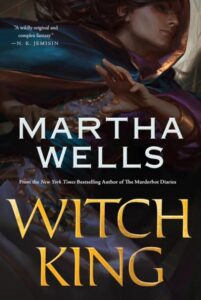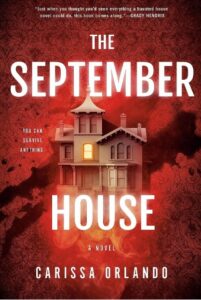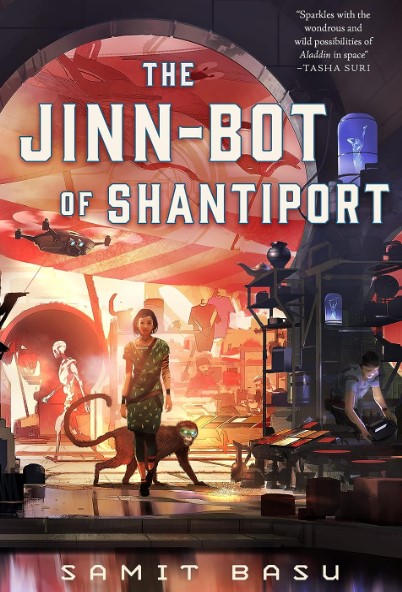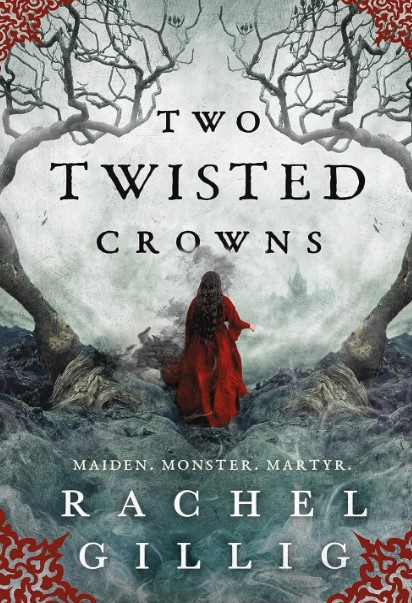Stars: 5 out of 5.
I adore Martha Wells’ Murderbot series, but the two other books I read by her had left me underwhelmed. They were okay, but not up to the glory that is Murderbot. So I was understandably apprehensive to pick up a new series by her. But I am glad I did.
We start right in the middle of the story with our protagonist Kai in dire circumstances and no memory as to how he got into them. I fell like this was an excellent idea, because the confusion the reader feels, having to wrestle with new words and concepts in a brand new world, mirrors what Kai feels when he wakes up dead and entombed. This might discourage some readers, but I loved it.
One thing Martha Wells does really well is creating likeable characters. They are flawed and sometimes morally grey, but they feel “alive”, and you can’t help but root for them. I especially loved Kai. Who would have thought that a demon could be so “human”. I also loved that the chapters set in the present are interspersed with chapters set in the past, back when Kai first came to the world above in his first body. You can really see how much he changed in the almost two centuries since that event, and you understand him a lot better as a person the more you see how the events unfolded.
I loved all the supporting characters as well. Ziede is baddass and witty and a perfect foible for Kai’s often introspective and melancholic nature. Together they form an unstoppable force akin to a hurricane. Especially when they seek answers and their loved ones might be in danger. Kai’s relationship with Sanja and Tenes shows his softer side, because even though he is a demon, he has compassion towards people who have been abused and enslaved. He lived through that, so he knows how it feels. I loved his relationship with Bashara in the past.
I also enjoyed going on the road trip with those characters and progressively discovering the world they inhabit. I loved seeing most places through the lens of what they are today and what they were at the time Kai fought the Hierarchs.
This book gives a pretty satisfactory conclusion to the main story. We find out what happened, and Kai and Ziede’s loved ones are rescued. Kai is reminded of the purpose him and Bashara had when they fought the Hierarchs and hopefully finds the strength and will to carry on. But there are still a few threads that were left hanging, so I’m hoping that this is the beginning of a new series. I want to know what happened to the other demons Kai had liberated from the Summer Halls. Since none of them could return to their home underearth, are they still living in this world? Or did most of them dissipate after their borrowed body died? Will the Hierarchs be back? Why did they kill off an entire people just because they could reveal their origins? So many questions!
I received an advanced copy of this book via NetGalley in exchange for an honest review.




